Affida Max is intended to reduce pain from migraines, back pain, toothache, neuralgia, menstrual pain, and rheumatic and muscular pain.
The drug reduces pain of various origins (headache and other types of pain), reduces inflammation and fever. It also reduces symptoms of colds and flu.
Composition
- active ingredient: ibuprofen;
- 1 film-coated tablet contains 400 mg of ibuprofen;
- excipients: lactose monohydrate; corn starch; croscarmellose sodium; colloidal anhydrous silica; microcrystalline cellulose; glycerol dibehenate; opadry white Y-1-7000 [hypromellose, titanium dioxide (E 171), macrogol 400].
Contraindication
- Hypersensitivity to ibuprofen or to any of the excipients of the drug.
- History of hypersensitivity reactions (e.g. asthma, rhinitis, angioedema or urticaria) following the use of acetylsalicylic acid or other NSAIDs.
- Gastric or duodenal ulcer/bleeding in active form or history of recurrence (two or more severe episodes of confirmed ulcer or bleeding).
- History of gastrointestinal bleeding or perforation associated with the use of NSAIDs.
- Severe heart failure (NYHA class IV), severe renal failure or severe hepatic failure.
- A condition accompanied by an increased risk of bleeding or active bleeding.
- The last trimester of pregnancy.
Adverse reactions
The most common adverse reactions are gastrointestinal disorders. There is a risk of peptic ulcers, perforation or gastrointestinal bleeding, sometimes fatal, especially in elderly patients. Nausea, vomiting, diarrhea, flatulence, constipation, dyspepsia, abdominal pain, melena, hematemesis, ulcerative stomatitis, exacerbation of colitis and Crohn’s disease have been reported after taking the drug.
Gastritis has been reported less frequently.
Hypersensitivity reactions have been observed with NSAIDs. They are represented by non-specific allergic reactions and anaphylactic reactions, respiratory system reactivity, including bronchial asthma, exacerbation of bronchial asthma, bronchospasm or dyspnoea, or mixed skin lesions, including rashes of various types, itching, urticaria, purpura, angioedema, in very rare cases – erythema multiforme and bullous dermatoses (including Stevens-Johnson syndrome, toxic epidermal necrolysis).
Cases of exacerbation of skin inflammation caused by infection (e.g. development of necrotizing fasciitis) have been described during the use of NSAIDs. If signs of infection appear or worsen during the use of ibuprofen, the patient should immediately consult a doctor.
In exceptional cases, severe skin infections and soft tissue complications may occur following chickenpox.
Method of application
For internal use. For short-term use only. Patients with stomach disorders are advised to take the tablets with food.
Adults and children over 12 years of age with a body weight >40 kg: 1 tablet per dose. When used at regular intervals, fluctuations in pain intensity are avoided. Repeat the dose if necessary after 4-6 hours.
Do not exceed the dose of 1200 mg (3 tablets) per day.
If symptoms persist for more than 3 days after the start of treatment or worsen, you should consult a doctor.
Undesirable effects can be minimized by using the lowest effective dose for the shortest period of time necessary to control symptoms (see section “Special instructions”).
Application features
Use during pregnancy or breastfeeding
Ibuprofen should not be taken during the first two trimesters of pregnancy unless clearly necessary. If ibuprofen is used by a woman trying to conceive or pregnant during the first and second trimesters, the lowest possible dose should be used for the shortest possible period of time.
Ibuprofen is contraindicated during the third trimester of pregnancy.
Labor and delivery.
It is not recommended to take ibuprofen during labor and delivery.
The onset of labor may be delayed and its duration prolonged, with an increased tendency for bleeding in the mother and child.
Breastfeeding period.
In limited studies, ibuprofen has been found in breast milk at very low concentrations, so it is unlikely that it could negatively affect a breastfed infant.
Children
Do not use in children under 12 years of age with a body weight <40 kg.
Ability to influence reaction speed when driving vehicles or other mechanisms
The use of NSAIDs may affect the speed of reaction. If dizziness, drowsiness, fatigue or visual disturbances occur, you should refrain from activities that require increased concentration and quick reactions.
Overdose
The use of the drug in children in doses exceeding 400 mg/kg may cause symptoms of intoxication. In adults, the dose effect is less pronounced. The half-life in case of overdose is 1.5-3 hours.
Symptoms. In most patients, the use of clinically significant amounts of NSAIDs caused symptoms, including nausea, vomiting, epigastric pain, and less commonly diarrhea. Tinnitus, headache, and gastrointestinal bleeding may also occur. In more severe poisoning, toxic lesions of the central nervous system may occur in the form of drowsiness, sometimes – an excited state, disorientation, or coma. Sometimes patients develop convulsions. In severe poisoning, metabolic acidosis and an increase in prothrombin time/INR may occur (probably due to interaction with blood clotting factors circulating in the bloodstream). Acute renal failure and liver damage have been observed. In patients with bronchial asthma, exacerbation of the course of asthma is possible.
Treatment. Treatment should be symptomatic and supportive, and include maintaining a patent airway and monitoring cardiac and vital signs until the condition returns to normal. Oral administration of activated charcoal is recommended if the patient has not taken a potentially toxic dose of the drug within 1 hour. Frequent or prolonged seizures should be treated with intravenous diazepam or lorazepam. Bronchodilators should be used in the presence of bronchial asthma.
Storage conditions
This drug does not require special temperature storage conditions.
Keep out of reach of children.

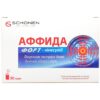
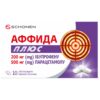

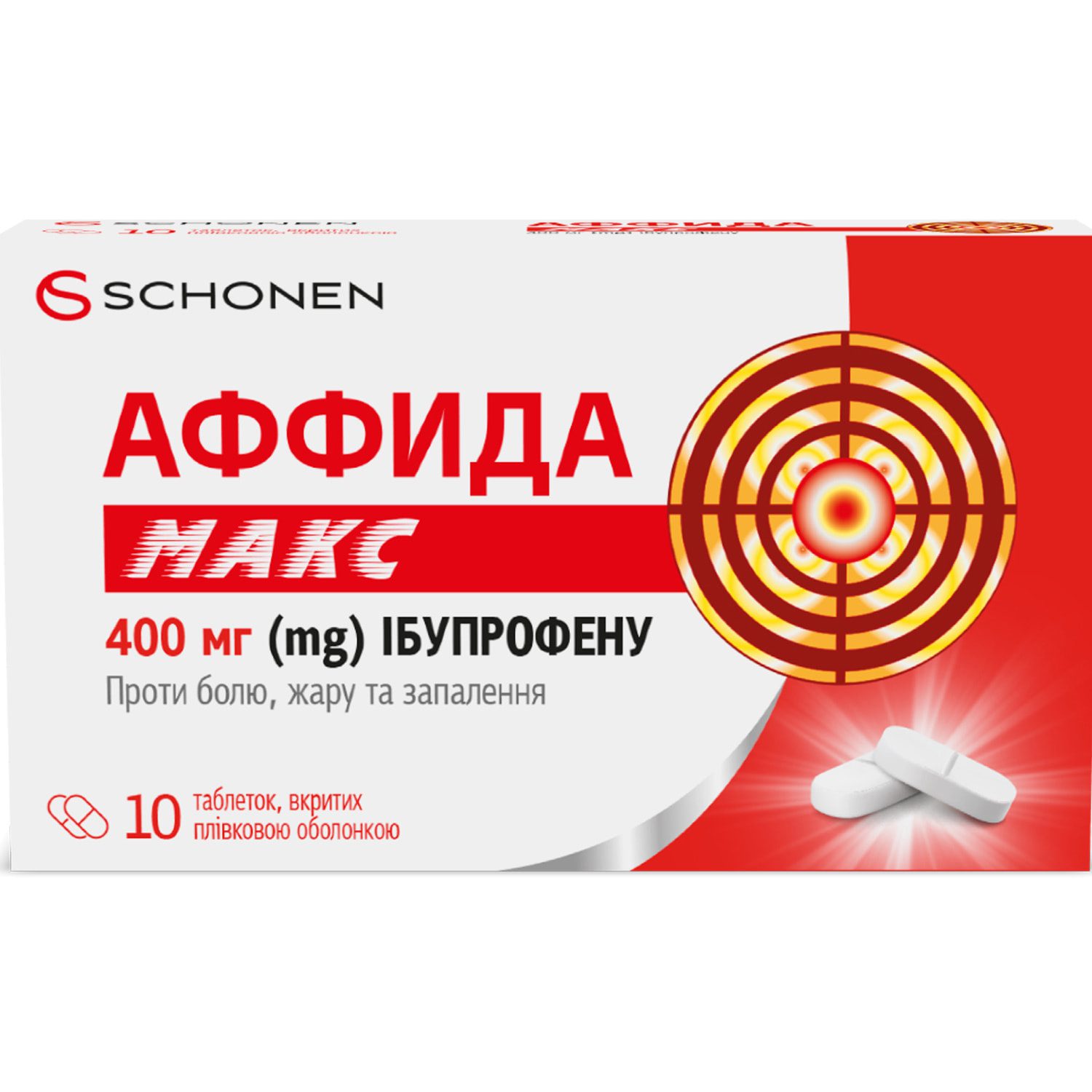

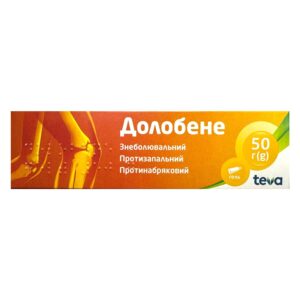
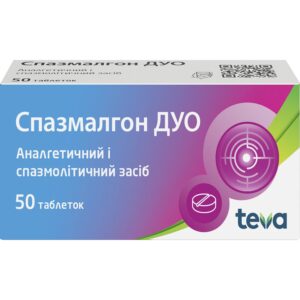
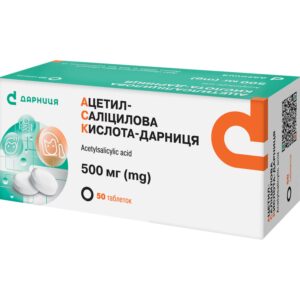

Reviews
There are no reviews yet.